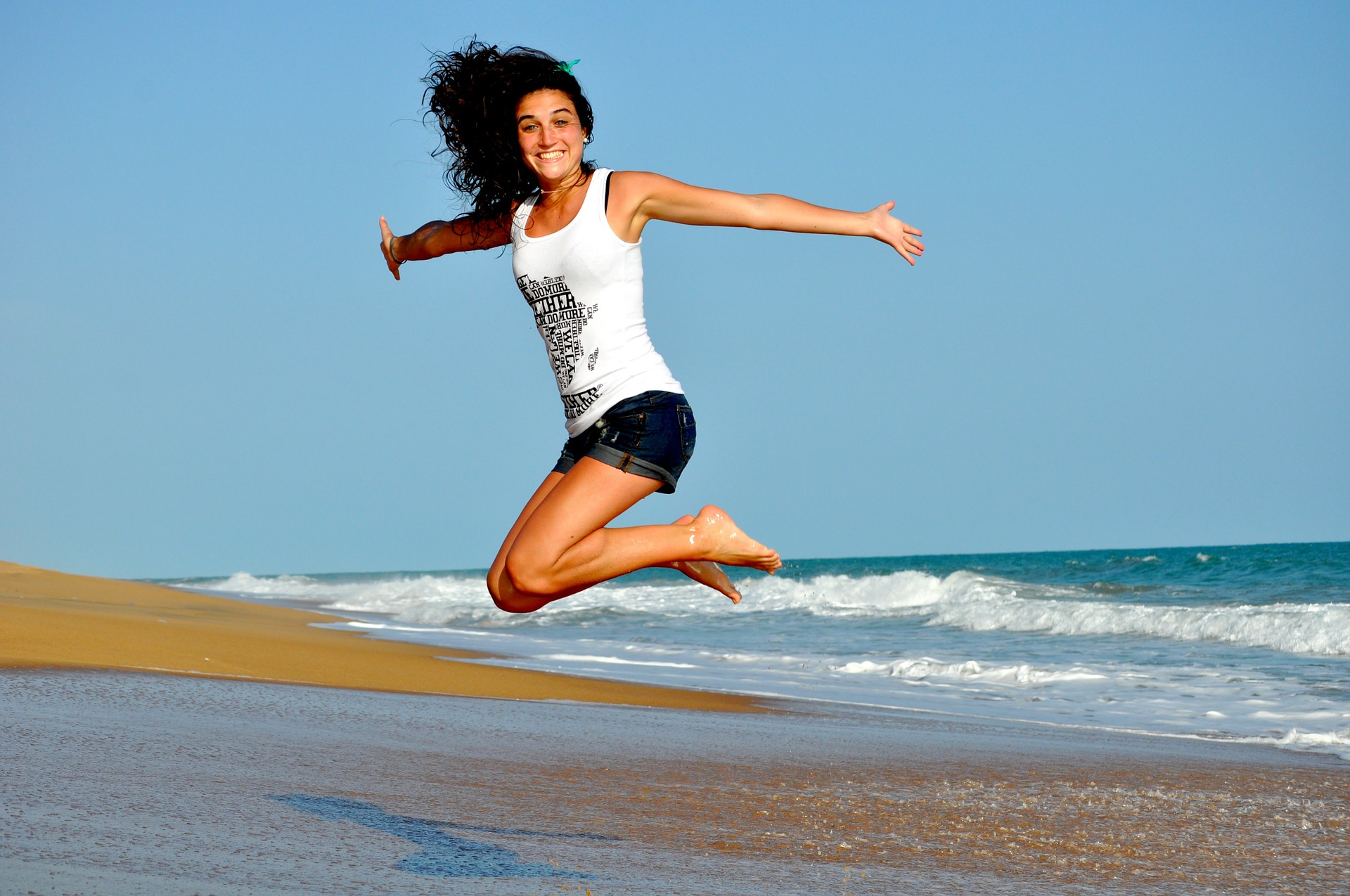It is well known that learning to dance is an ideal activity to improve your physical, emotional and mental state.
The physical and psychological movements that you perform when you dance make your body comply with a series of exercises that help you to improve, among others, your lung, heart, lose weight, tone muscles, solve some back problems and also to have a brain in good shape and a spectacular memory.
You want to know what happens to your mind when you dance?
Continue reading and leave us your comment at the end, please.
Learning to dance improves your mood and mental state
However, with the practice of dancing you will not only be benefiting your body, but you will also improve your mood. Learning to dance is an effective, proven and highly recommended way to exercise your mind and body.
Dancing releases endorphins, making it the perfect therapy for escaping depression, sadness and stress.
If we go a little further into this aspect, we can say that in dance there is a connection between sound perception and motor control. The movements required for choreography allow the brain to exercise.
Dancing requires coordination to keep pace, plan the next steps, synchronization and creativity, etc... In reality, while you dance it is as if your mind and brain are learning a new language.
Although it may seem strange or curious to you, in your mind and brain many things happen while you dance. The brain has to process the movements that are executed, perfect them, maintain the balance of the body, etc....
While you dance, your brain cells are training.
There are scientific studies that claim that dancing is the most effective activity to prevent aging of the brain. The younger you sign up for dance classes, the sooner you'll stimulate both hemispheres of the brain and retain your lucidity.
These same studies show that people who dance at least twice a week are less likely to have dementia.
This has an easy explanation: while dancing, you require your mind to be in a continuous state of creativity to be able to perform each step, so there are a series of neural restructurings that beneficially affect your brain.
What this comes to tell you is that when we practice a dance that requires us to remember steps and sequences, what happens in your mind is a stimulation to improve memory. So we can understand each other: when you dance, your neurons are training.
It is evident that dancing activates sensory, motor and integration areas. By learning to dance you will coordinate a series of sequential body movements that, as we say, will stimulate your mind.
In every dance process, short and long term memory is involved, which you will need to remember the sequence of movements.
But as you know, your mind should also be attentive to balance, motor coordination, communication with the dance partner, time, music and many other wonders of dancing.
Summary: The 4 things that happen in your mind when you dance
This is a brief summary of the most interesting things that happen to your mind when you dance:
- Stimulates areas of the brain that regulate memory, mood, and body coordination
- Reinforce mental patterns of movement and coordination with each of the steps learned
- Endorphins are released to reduce or prevent the effects of anxiety, stress, or depressive states
- Dancing increases brain oxygenation, favouring concentration, attention and memory (especially important in this sense dance for children).
Benefits that learning to dance brings to your mind
Finally, remember these benefits of learning to dance for your mind:
- Dancing helps you connect with yourself so that you can express feelings, emotions, feelings and moods that help you to be in control of your everyday emotions.
- Dancing helps you connect with others, as it is a social activity, which has a beneficial impact on your mind as you do it.
- Dancing improves your mood, increasing your vitality and giving you a positive character.
- Dancing improves self-esteem and self-confidence, an ideal practice for losing shyness, activating your mind during dancing to overcome the fear of ridicule.
- Dancing increases your intelligence and prevents brain aging, because as you dance your mind works continuously making decisions, adjusting the balance of your body, processing learned movements, etc....
Now that you know all the good things that happen to your mind while dancing, what are you waiting for to sign up for dance lessons at a school?







